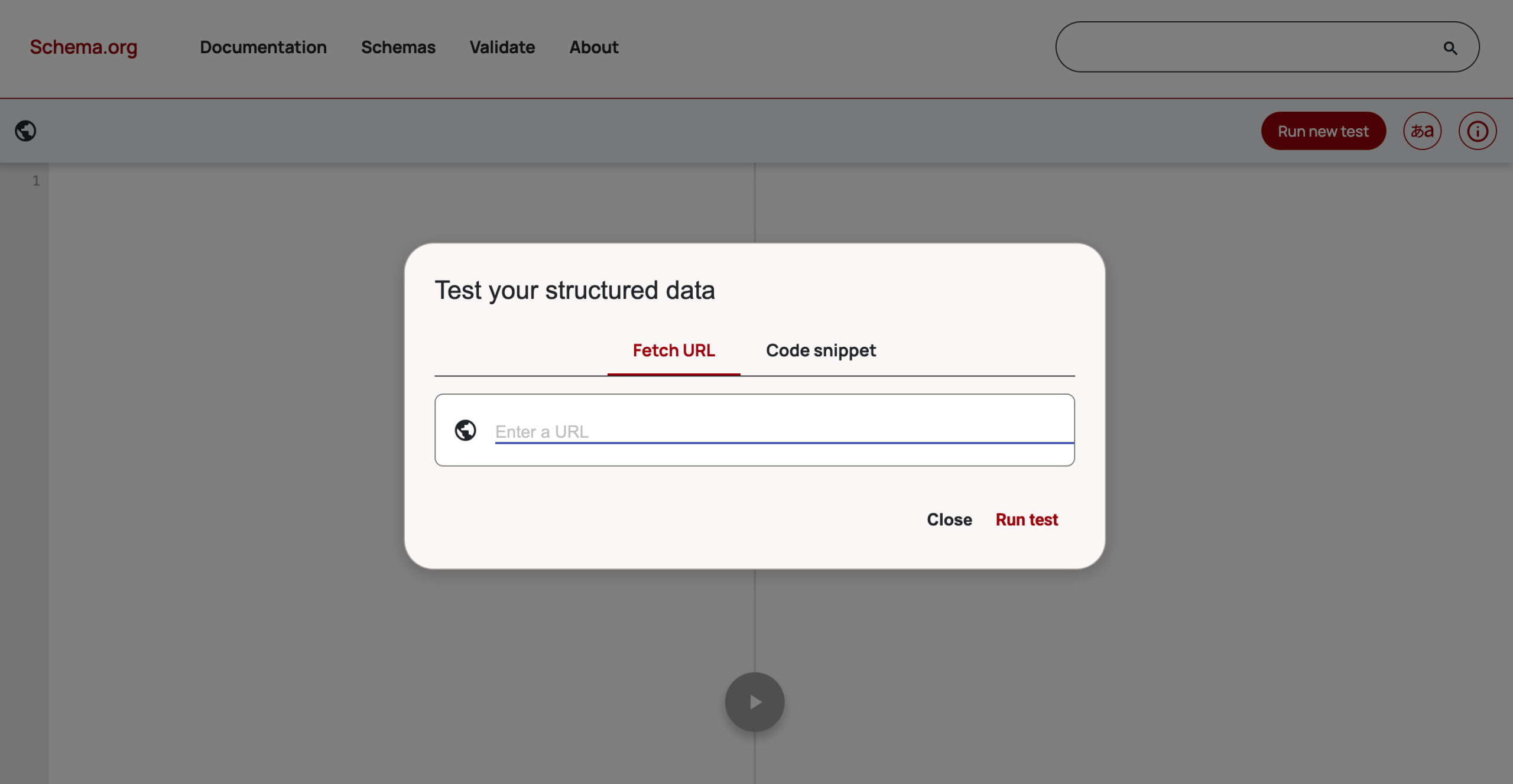Table of Contents
Search engine optimization isn’t a cost—it’s an asset. For high-growth businesses investing $3,000 to $5,000 per month, SEO is less about rankings and more about building digital equity that compounds over time.
Unlike paid ads that stop when your budget does, SEO works while you sleep. But to see real, measurable results, your investment must go beyond blog posts and backlinks—it must be strategic, structured, and tied to business goals.
This playbook is your guide to building an SEO program that performs like an asset—not an expense.
Why SEO is an Investment, Not a Line Item
Founders and CMOs at $1M+ companies don’t ask “How much does SEO cost?” They ask, “How does this investment perform over 6, 12, or 24 months?”
Because unlike most marketing channels, SEO ROI increases over time. Why?
Organic rankings generate traffic indefinitely
Evergreen content compounds like interest
Domain authority grows with age and optimization
Your brand becomes synonymous with solution-based keywords
In short: smart SEO pays dividends long after the work is done.
Where Your $3K–$5K/Month SEO Budget Should Go
Technical SEO Foundation
Before ranking, your site needs to be accessible, fast, and crawlable. Agencies typically begin with:
Site audits
Speed optimizations
Schema markup implementation
Mobile responsiveness tuning
Core Web Vitals monitoring
Keyword Strategy & Content Planning
Gone are the days of stuffing keywords into filler posts. Scalable SEO uses:
Funnel-based keyword targeting (TOFU, MOFU, BOFU)
Competitor gap analysis
Topic clusters and pillar pages
Long-form, high-E-E-A-T content
Content Production & Optimization
Quality beats quantity. Allocate budget toward:
Expert-level blog content (1,000–2,000+ words)
On-page optimization (H1s, meta, alt tags, internal linking)
Embedded multimedia (video, infographics)
Ongoing content refresh cycles
Link Acquisition & Digital PR
Links still matter. But quality > quantity. Reputable agencies invest in:
Targeted backlink campaigns
Digital PR and guest posting
Linkable assets (like tools, calculators, or data visualizations)
Performance Tracking & Iteration
Expect monthly reporting that goes beyond rankings:
Organic traffic by page and keyword
Conversion tracking by channel
Keyword movement by segment
Domain and page authority metrics
Time-to-ROI: What to Expect from SEO at Scale
SEO doesn’t follow the instant-gratification model. But it does follow a momentum curve—and once it starts rolling, results scale without scaling your budget.
0–3 months: Audit, architecture, keyword research, foundational optimizations
4–6 months: Content gains traction, early rankings appear, technical wins stack
6–12 months: Major traffic shifts, authority growth, conversions increase
12+ months: Compounding ROI, reduced dependency on paid media, consistent leads
SEO isn’t slow when done right—it’s strategic patience that pays.
How Agencies Maximize SEO ROI
They tie SEO strategy to business goals.
Top agencies don’t start with blog titles. They start with your sales cycle, product margins, and audience segments. Then they reverse-engineer an SEO strategy to support them.
They don’t chase vanity metrics.
You won’t see reports filled with low-converting keywords or generic traffic. You’ll get insights tied to revenue-generating search intent.
They build SEO into the broader marketing ecosystem.
Smart agencies align SEO with:
Paid ads (for retargeting traffic)
Email (using organic lead magnets)
Social media (to promote content assets)
Sales enablement (content used in outreach)
FAQ: SEO Budgeting & Results
What’s the minimum spend to see SEO results?
Can SEO really replace paid ads?
What platform is best for SEO?
Do I need ongoing SEO after the first year?
Final Thoughts
If you’re spending $3K–$5K/month on SEO, you’re not buying blog posts—you’re building a digital moat around your brand. The traffic, leads, and authority you build now compound every quarter moving forward.
Stop thinking of SEO as an activity, and start treating it as an asset. Because in the long run, the best-performing businesses aren’t just optimized—they’re found.
Want a custom SEO forecast for your brand?







